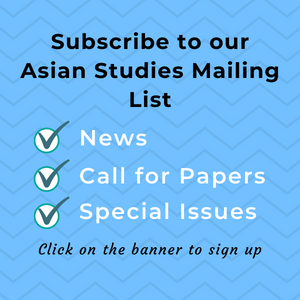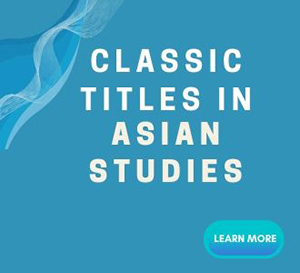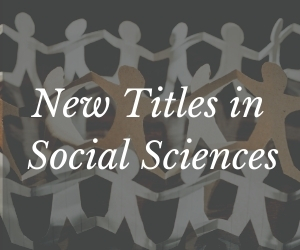The book shows one individual's (the author) experience of the world, through contacts with government officials and scholars in the Middle East and Asia, Europe and Latin America during the post-Second World War years up to the later 1960s; and then that individual's reflections and study during the succeeding decades, up to and including the first decade of the 21st century, concerning the future of the world and the critical choices that confront the world both in inter-state relations and in maintaining the security of the biosphere.
Sample Chapter(s)
Chapter 1: The Individual and the World (165 KB)
Contents:
- The Individual and the World
- The Canadian Context
- Geneva
- Morse
- 1968
- Ambivalence
- Transition
- Thought and Reality
- The 1970s
- The Emergence of China
- Civilizations and World Order
- Synthesis
Readership: General readers interested in international relations, political science, and China studies.
Robert W Cox is Professor Emeritus of political and social thought, York University, Toronto, Canada.
He is the author of Production, Power and World Order: Social Forces in the Making of History (1987); (Ed.) The New Realism: Perspectives on Multilateralism and World Order (Macmillan for the United Nations University, 1997); and The Political Economy of a Plural World: Critical Reflections on Power, Morals and Civilization (Routledge, 2002). He has published many articles and book chapters on world order, multilateralism, international organizations, production, globalization and civilizations. His essay “Social forces, states and world order: beyond international relations theory” has been widely reproduced in various books and in Spanish, German, Japanese and Korean translations.
From 1947 until 1972, his first career was with the International Labour Organization (ILO) in Geneva, Switzerland, in which he rose to the rank of Assistant Director-General. From 1965 to 1972, he was Director of the ILO's International Institute for Labour Studies.
He left the ILO in 1972 to begin his second career as Professor of Political Science at Columbia University in New York; and in 1977 he returned to Canada as Professor of Political Science at York University in Toronto. York ultimately became his intellectual home. He has had visiting appointments at the Graduate Institute of International Studies of the University of Geneva, the University of Toronto, Yale University, Université Laval in Quebec City, the University of Denver, the European University Institute in Fiesole, Italy, the Australian University and Tokyo University.























